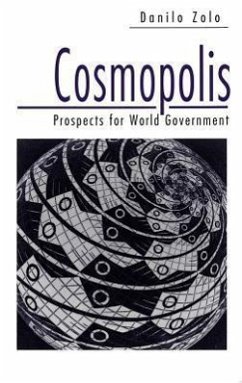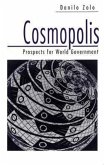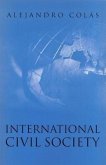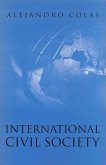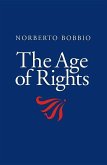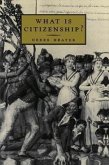This volume makes a challenging critique of the idea of Cosmopolis - that is, the idea of world or 'global' government. In recent years this idea has been put forward as a way of averting the threat of war and international disorder, and as a way of avoiding the destruction of the planet. Proponents of this idea call for a radical reform of the United Nations which aims to legitimize this institution as an international police force and as a provider of global justice. Zolo criticizes this new cosmopolitan philosophy and rejects the idea of trying to eliminate international conflict through the use of centralized and superior military force. He seeks instead to develop a conception of international relations which takes account of their pluralistic, dynamic and conflictual nature. This conception moves away from the logic of hierarchical centralization, which so dominates the UN Charter, and towards the logic of 'weak interventionism' and 'weak pacifism' which relies on self-organization, co-ordination and negotiation. Timely, provocative and iconoclastic, Cosmopolis is an important contribution to current debates in politics, international relations and social and political theory.
Hinweis: Dieser Artikel kann nur an eine deutsche Lieferadresse ausgeliefert werden.
Hinweis: Dieser Artikel kann nur an eine deutsche Lieferadresse ausgeliefert werden.

